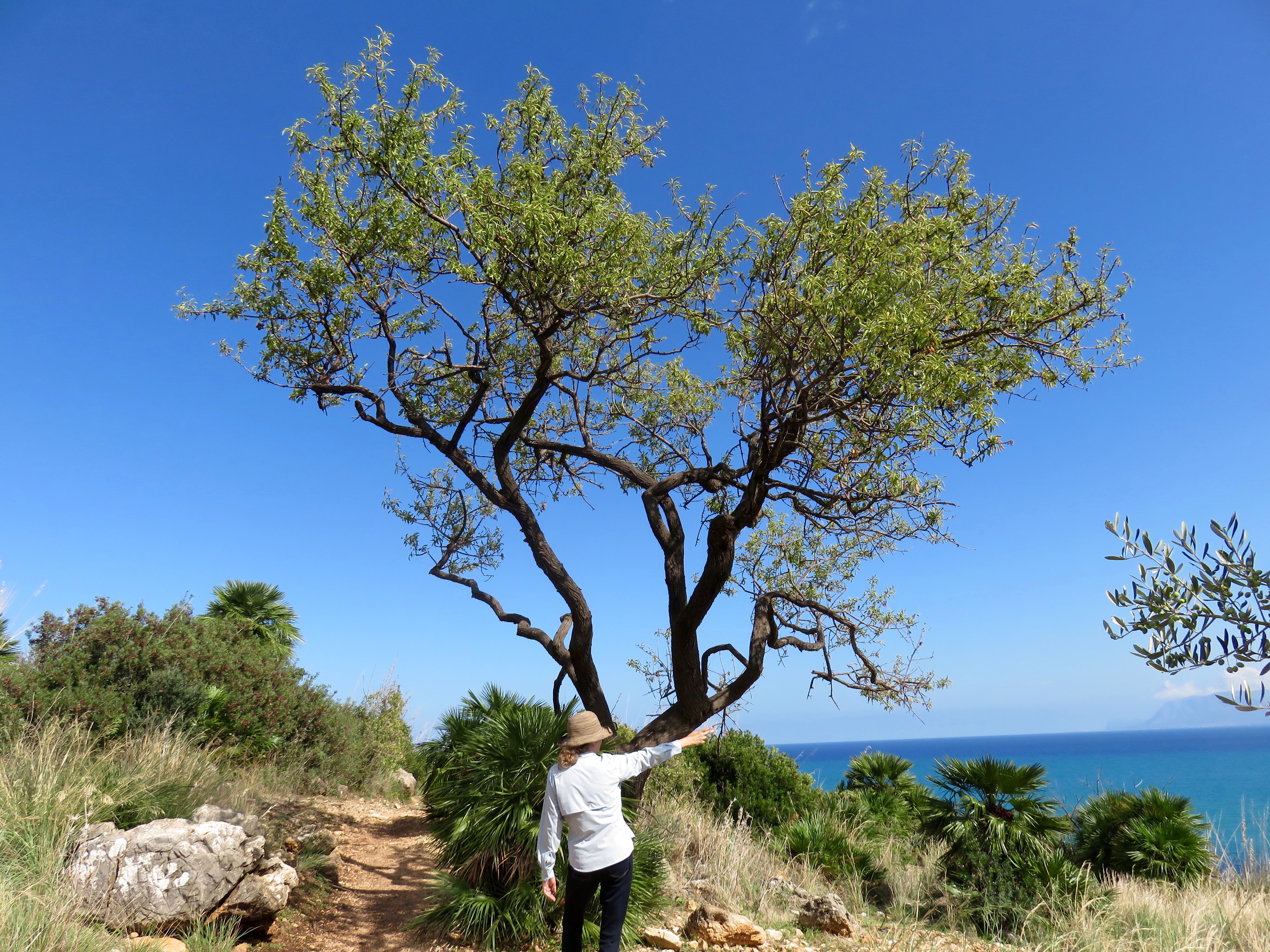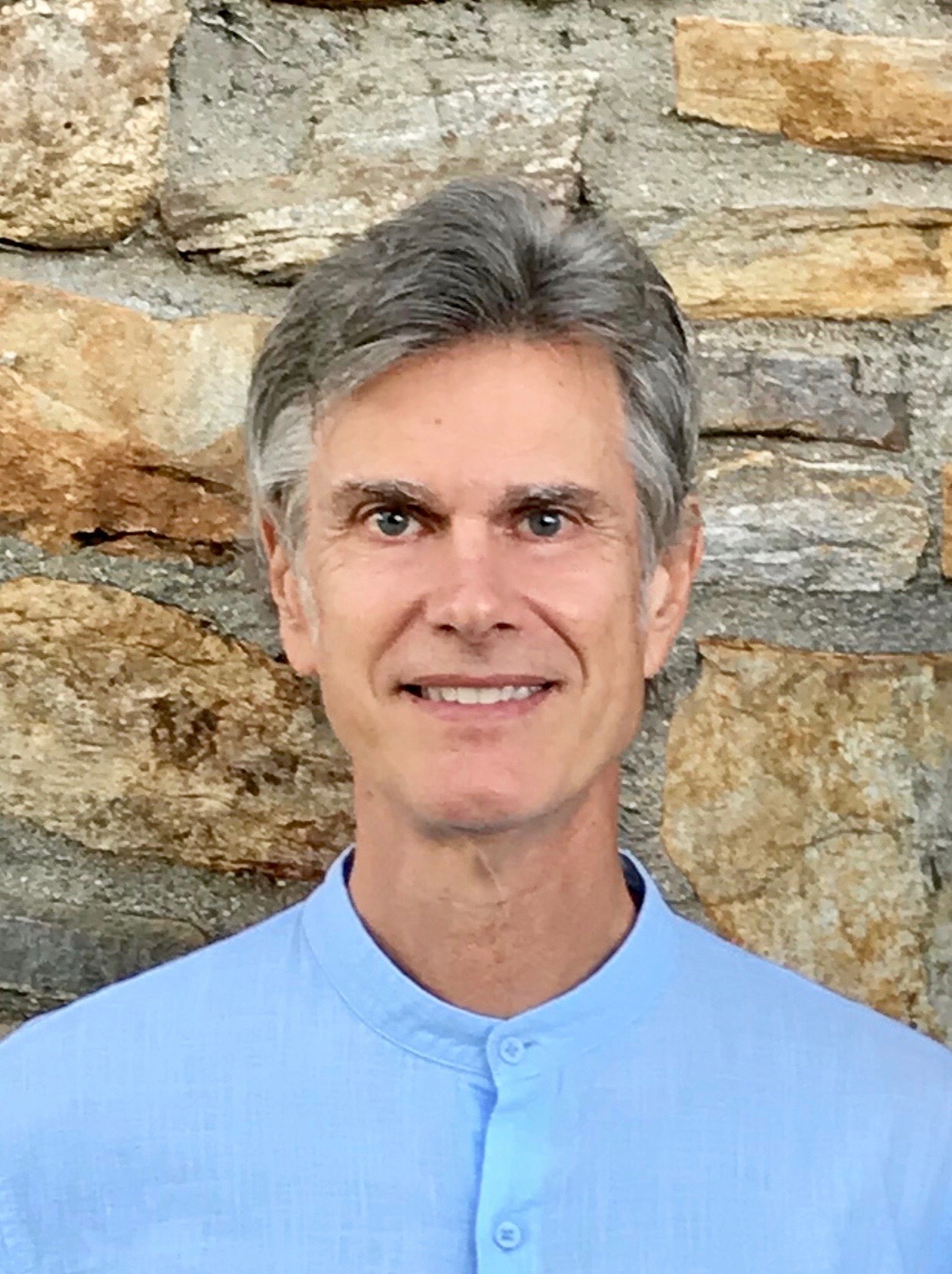
Comparative Judgments Make Trouble in Paradise
As I was taking in the beauty and tranquility of Drake Bay in Costa Rica—an idyllic place that rivals the biodiversity of the Amazon Jungle, I overheard a tourist making negative comparative judgments about the beaches and climate of this little zone of paradise. He said, “Where I’m from, the beach is made entirely of finely grained sand, without the pebbles I see here.” His comments reminded me of how we are prone to be on vacation even when on vacation; making comparisons to other places and experiences as being better than the one we are in can take us out of the present moment. I frequently notice this comparison syndrome when traveling internationally and encountering unique environments and cultures. I certainly have been guilty of that reflex, and evolutionary psychologists tell us that the mind’s capacity to make judgments has been necessary for the survival of the human species. However, even when our safety and survival needs have been satisfied, the mind continues to make judgments in response to perceived threats and discomforts that are more emotional than tangibly physical in nature. Sometimes these judgments are outer-directed, as when you judge other people, places, or situations. At other times, and quite frequently, judgments are self-focused. This often occurs when people don’t live up to their own internalized standards or compare themselves to others who seem to be better at a particular skill.
What’s your Story?
On a relative level, sure, you can say that some things are better than others. On a deeper level, there is no absolute better or best; those labels are judgments that are based on your unique preferences. There’s no problem with making comparisons as long as you understand that they are mostly reflective of your conditioned perceptions. Your story about the people, places, and things that comprise your world ultimately determines what’s better or best—when you believe that story. Relinquishing the attachment to comparative labels, judgments, and self-critical stories can support your attention to the present moment, which is the only place where happiness and satisfaction reside. The best is not yet to come. The best is here, now.
Three Keys to Creating Freedom from Judgments: Labeling, Relating, and Attending with Intention
KEY 1: Create Mental Space by Labeling Your Judgments
How do you begin to liberate yourself from judgments? Ironically, labeling them is a good start, although I’m not suggesting assigning a negative label to them. Simply naming the judgment as a “judgment” can create a sense of space between the judge and the judgment, resulting in not buying into the judgment as being True. This sort of spaciousness in relation to your thoughts is one of the many fruits of a mindfulness practice, and is the result of what Acceptance and Commitment Therapy (ACT) refers to as cognitive defusion. When you defuse from your thoughts, you can be free from their unwanted influence. On the other hand, when there’s no space between you and your thoughts, they can hijack your speech, actions, and inner experience.
KEY 2: Change Your Relationship to Judgments
It might be encouraging to know that you don’t have to change your judgmental thoughts to create a sense of peace; you don’t even have to let them go. Instead, changing the relationship to your judgments is a path to creating peace. Instead of trying to change your negative thoughts into positive thoughts—which can result in a frustrating battle—you have many other options, such as: smiling at your judgmental thoughts as if they were an obnoxious salesperson that you have no intention of buying from, or simply watching your judgments—letting them be—without getting entangled in them. If you let your judgments be as they are without opposing them or indulging them, you’ll notice that those thoughts eventually move on, like clouds across the sky. When changing the relationship to your judgmental thoughts, I recommend maintaining a friendly, non-combative attitude. The less hostile you are towards your thoughts, the less antagonizing they become. Conversely, adopting a sense of humor and creativity towards your judgments—like the client who named her judgmental thoughts “Judge Judy”—can potentially result in amusement.
KEY 3: Intentionally Refocus Your Attention
After labeling your judgments and shifting your relationship to them, make an intentional choice to refocus your attention (internally or externally) upon what connects you to your body and/or your life. It could be as simple as focusing upon your breath, closely attending to what you’re doing, or engaging your life in the direction of what you truly value. If and when your judgmental thoughts revisit you, calmly return to labeling them and relating to them in a creative, friendly, or humorous way.
Freedom is Not Riddance
Remember that creating freedom from judgments is not about getting rid of judgments. The dire need to get rid of judgments is paradoxically based upon another judgment that views judgments as bad or wrong. Becoming free from judgments is about freeing yourself from the mental prison created by the relationship to your judgments. Once you realize that you hold the keys to release yourself from the constraints of judgmental thoughts, the world becomes a much more acceptable and hospitable place. And your thoughts—be they judgmental or otherwise—will not reflexively define you.

